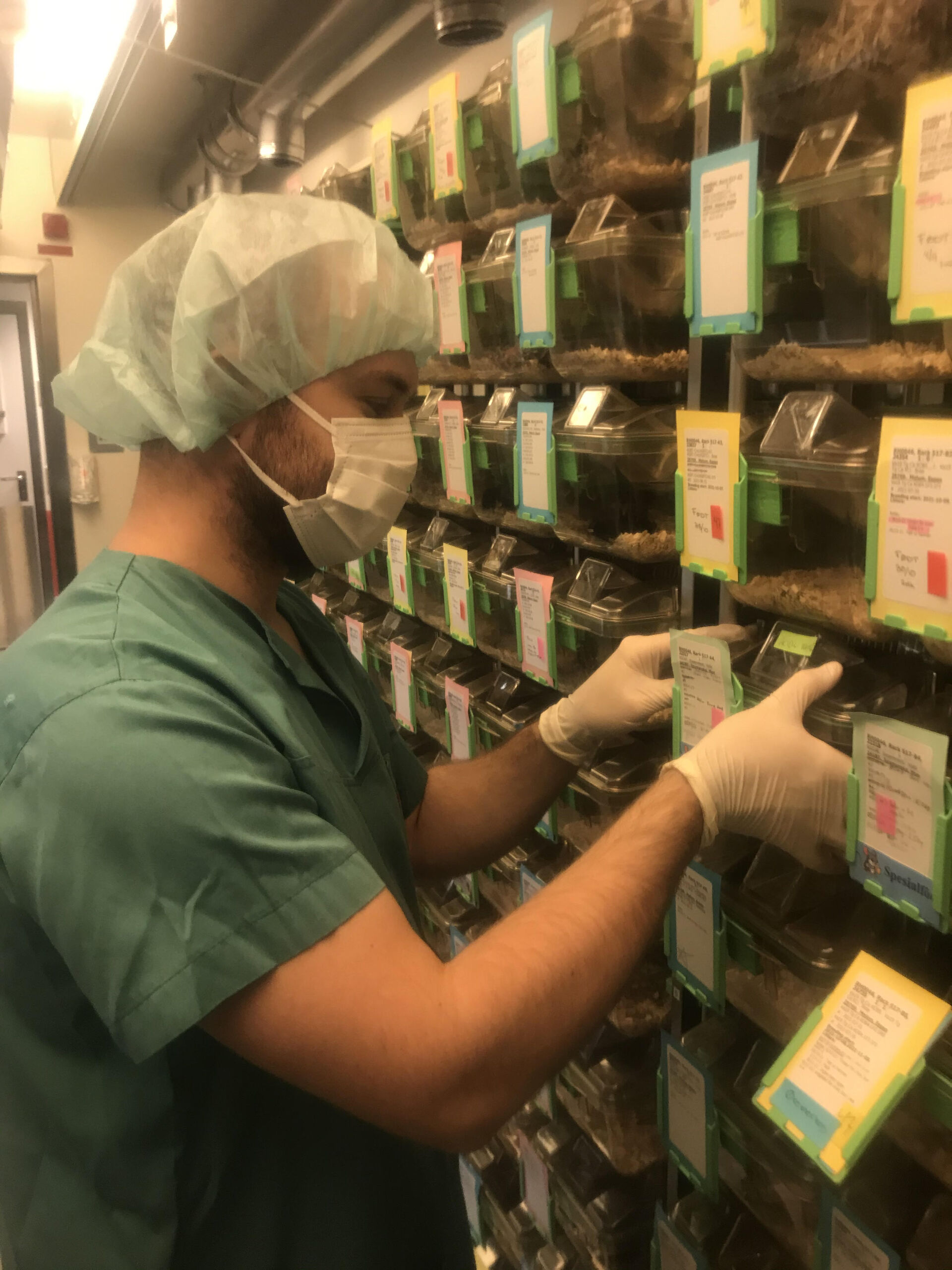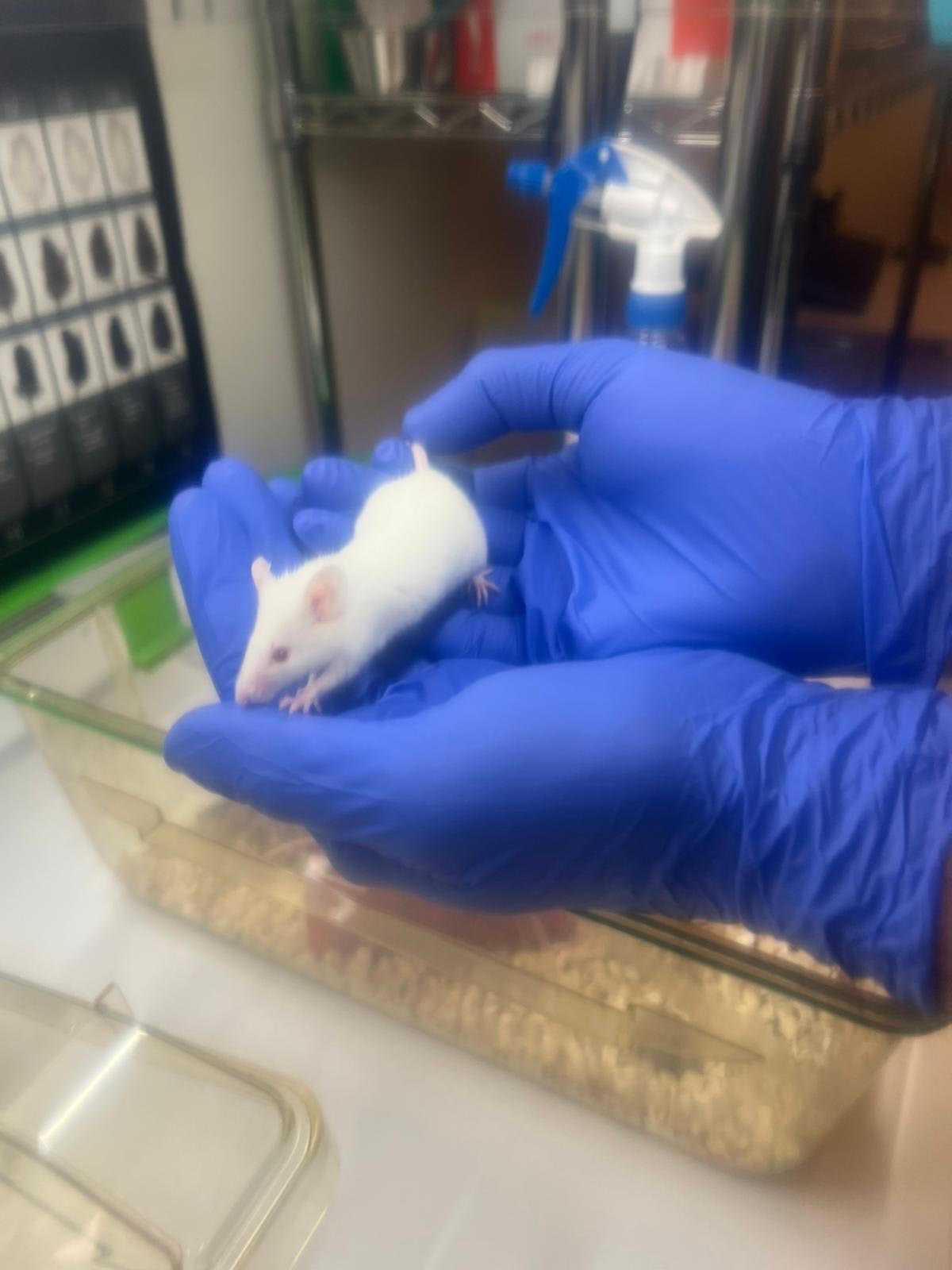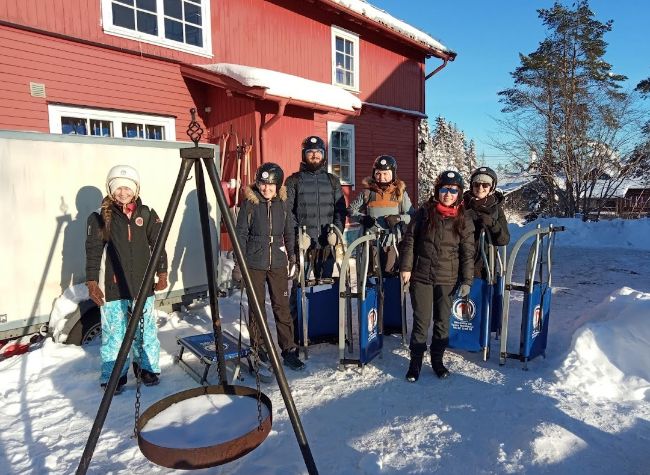The study proposes to develop CRISPR-based gene-editing therapies for two model cancer predisposition syndromes: ADA2 deficiency and Nijmegen Breakage Syndrome. These are rare childhood diseases caused by hereditary gene mutations that make the patients susceptible to developing cancer. For example ADA2 deficiency causes a variety of immunological disturbances and inflammation that can progress to Large Granular Lymphocytic leukemia. Nijmegen Breakage Syndrome presents with immunodeficiency that often progresses to lymphoma or lymphatic leukemia during childhood.
DNA repair problems pose challenges for gene editing
CRISPR-Cas editing can be used to correct hereditary mutations in patient stem cells that are then transplanted back to the patient. However, in many of the cancer predisposition syndromes, the gene defect affects DNA repair function making the gene editing process challenging. When the patient has problems with DNA repair, there is a risk of unexpected editing outcomes and even secondary malignancy arising from the corrected cells.
Gene defects are hard to correct if the patient has problems with DNA repair. Haapaniemi’s study sets out to investigate this with the aim of developing alternative strategies to overcome these problems. The results could be applied to other DNA repair diseases. Currently, defects in ~50 known DNA repair genes cause a hereditary immune disease that could be treated by correcting the mutation in blood stem cells.

Building on team-work and international collaboration
Haapaniemi comments that she is very happy that the Norwegian Cancer Society chose to fund research into these rare childhood diseases. She credits her research group for producing good preliminary data. Pavel Kopcil set up the protocol for transplanting human blood stem cells into immunodeficient mice. The research enabled by the grant will build further on this work and allow Haapaniemi to hire more people into the group for another 3-4 years.
– Pavel Kopcil, Monika Szymanska, Ganna Reint and Jacob Conradi have all put in an enormous effort for setting up the mouse stem cell xenotransplant protocols that are necessary for conducting the proposed studies, Haapaniemi says.

Haapaniemi group’s research also builds on the fruitful collaboration they have established with Rasmus Bak at the Aarhus University (home of the EMBL partnership node DANDRITE). Bak is an expert in transplanting CRISPR-modified human stem cells to mice, and Pavel Kopcil did his Msc thesis work in Bak’s lab.
Job opportunities at the group
Haapaniemi group is currently recruiting for these positions:
Deadline: 6 December 2021.
